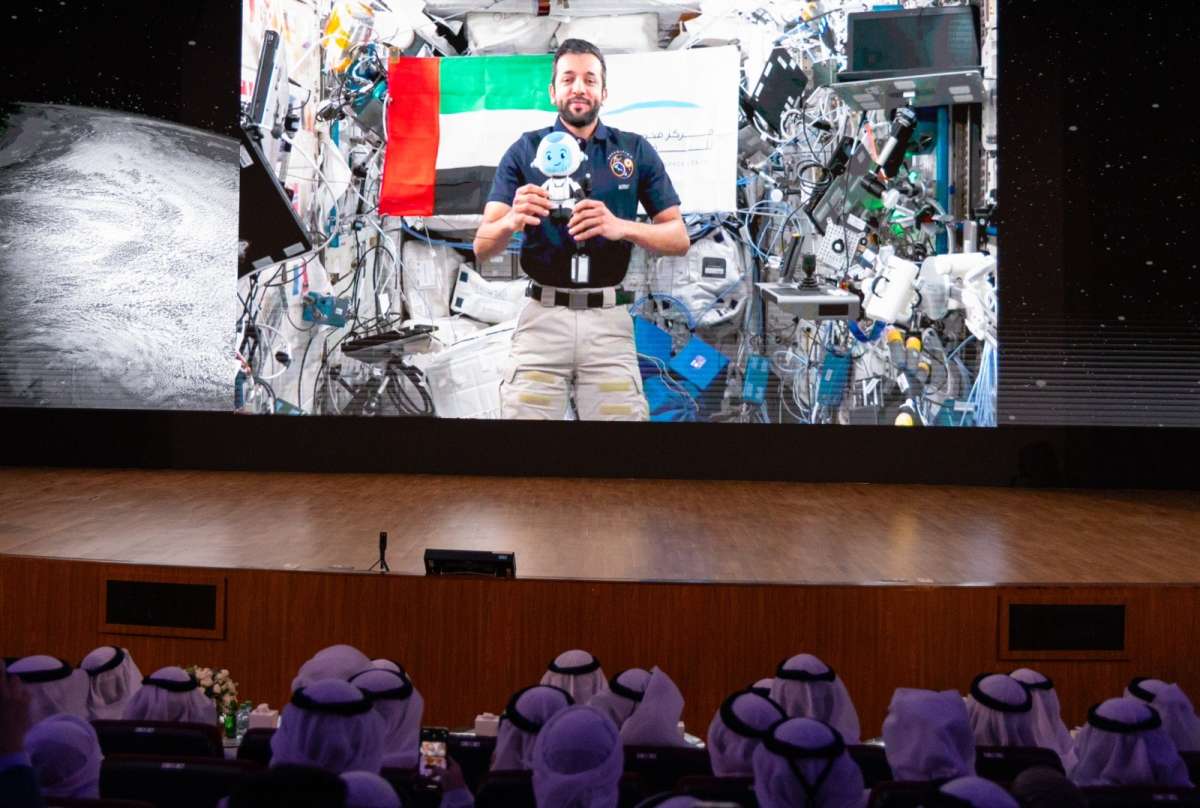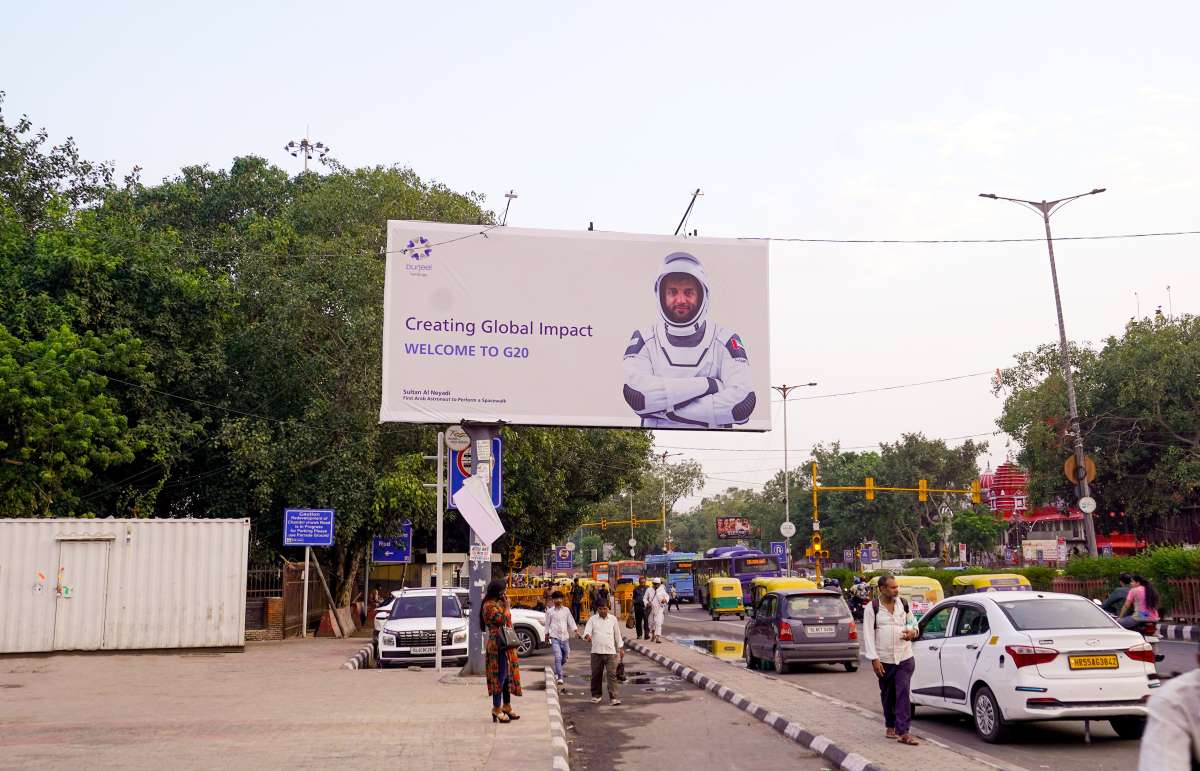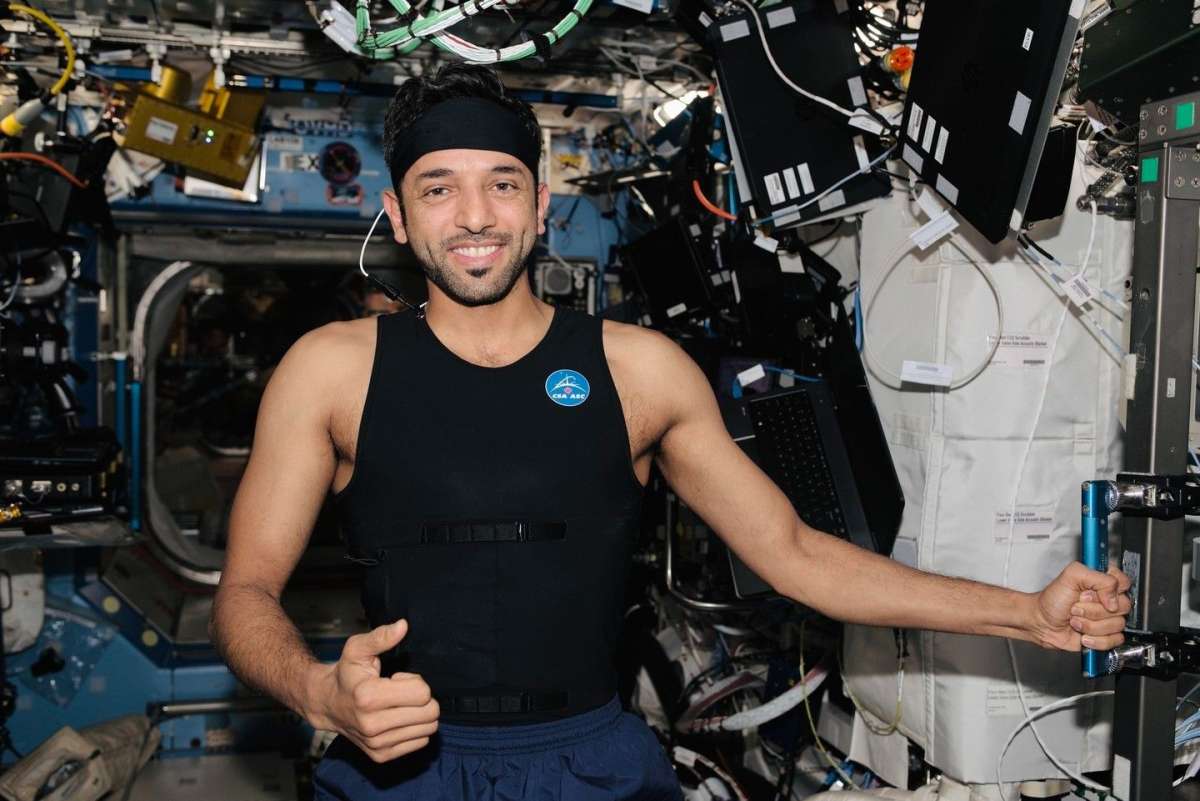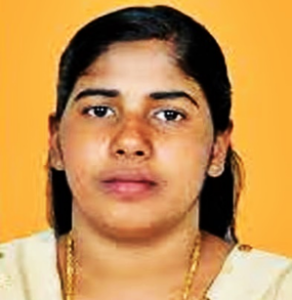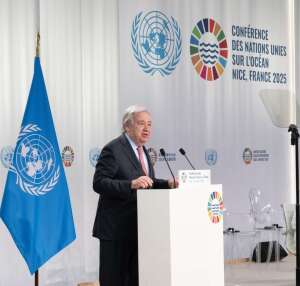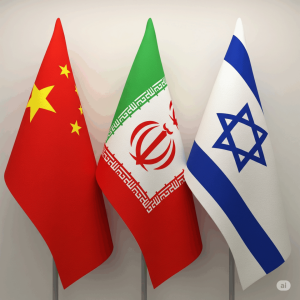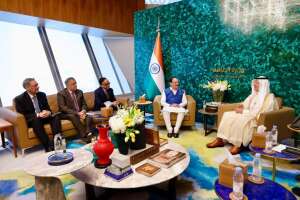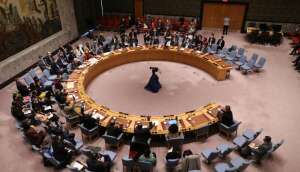“I felt a responsibility to bring a taste of Arab culture to space,” Sultan al-Neyadi tells The Guardian. The daily noted the refreshing perspective AlNeyadi has provided for the global space-watching community, taking photographs of Middle Eastern cities and famed locations that “celebrate a region often negatively stereotyped in the west”…reports Asian Lite News
Emirati astronaut Sultan Al Neyadi continues to capture the imagination of the world, making headlines around the globe and grabbing the attention of the international press.
“Deep and soul-stirring, the songs of the late Egyptian icon Umm Kulthum have been played countless times in taxis and coffee shops across the Arab world. Now, thanks to the musical tastes of a pioneering Emirati astronaut, they have found their way to the sterile white halls of the International Space Station,” writes The Guardian after an interview with the Emirati 42-year-old flight engineer from orbit.
“I felt a responsibility during the mission to bring a taste of Arab culture to space…Everybody is watching us; everybody is excited about space. I heard a lot of my colleagues say: ‘It’s really nice to hear a different language on the station,” AlNeyadi told the renowned British daily.
The paper highlighted the fact that more than half of the several hundred people who have ventured across the boundary of space have been Americans, with celestial travel dominated for decades by Nasa-trained astronauts or Russian cosmonauts. “So far, there have been only six visitors to space who are Arabs, now known as “najmanauts” based on the Arabic word for star, “najm”.
It laid a special focus on the ‘Arab taste’ the Emirati astronaut brought to the space, saying that AlNeyadi “has posted regular video updates in Arabic on social media about life in the space station, explaining his abnormal daily life, from eating vacuum-packed space food to keeping fit in a “weightless” environment by using a weight-lifting device that creates its own resistance.
“Asked if he felt pressure as one of a handful of najmanauts to get people in the Middle East and North Africa engaged in space exploration and science, ALNeyadi told the Guardian there is a huge audience in the Arab world “thirsty to learn more about space. It’s our responsibility to deliver the knowledge and deliver these findings to them in an easy and interesting way,” he said. “Especially the youngsters … I would love to be a source of information, a source of inspiration for them. So it’s really a big responsibility.”
The daily noted the refreshing perspective AlNeyadi has provided for the global space-watching community, taking photographs of Middle Eastern cities and famed locations that “celebrate a region often negatively stereotyped in the west”:
“Here is the beautiful and historical city of Baghdad, the cornerstone of the golden age of knowledge,” ALNeyadi wrote in a tweet early in his mission. “Scholars from this great city sparked the flames of discovery, setting the course for modern science. Their legacy reminds us to keep reaching for the stars.”
“In another image of the Lebanese capital, he described Beirut as “the city that breathes art, culture, and beauty”, while the Suez Canal was the “heart of global trade … [that] has brought continents closer for over 150 years”.
The British paper added that the images that have been taken by ALNeyadi with a camera in the space station have created a lot of online excitement.
“This place is called the International Space Station,” he told the Guardian, emphasising the word “international”. “We have a large audience that needs to understand from both sides – an Arab astronaut living and working aboard the station, and then they learn about the culture that we are from and the region.”
The paper mentioned that two Saudi najmanauts, Rayyanah Barnawi – the first Arab woman in space – and Ali al-Qarni, joined Neyadi for an eight-day mission. It was the first time three Arabs were in space together at the same time.
AlNeyadi said the arrival of his two colleagues was “really surreal”. “Just thinking of two, or three in that regard, astronauts meeting in space and speaking Arabic – it was really amazing.”
The departure of AlNeyadi, from the International Space Station (ISS) has been postponed due to unfavourable weather conditions near splashdown sites off the coast of Florida, Nasa and Space X announced on Friday.
The crew was supposed to undock from the ISS tomorrow, September 2.
According to Nasa and SpaceX, the next available undocking opportunity is now no earlier than September 3, Sunday. This means AlNeyadi and his Crew-6 mates — Nasa astronauts Stephen Bowen and Woody Hoburg, and Roscosmos cosmonaut Andrey Fedyaev — are expected to come home on Monday, September 4, depending on weather conditions.

